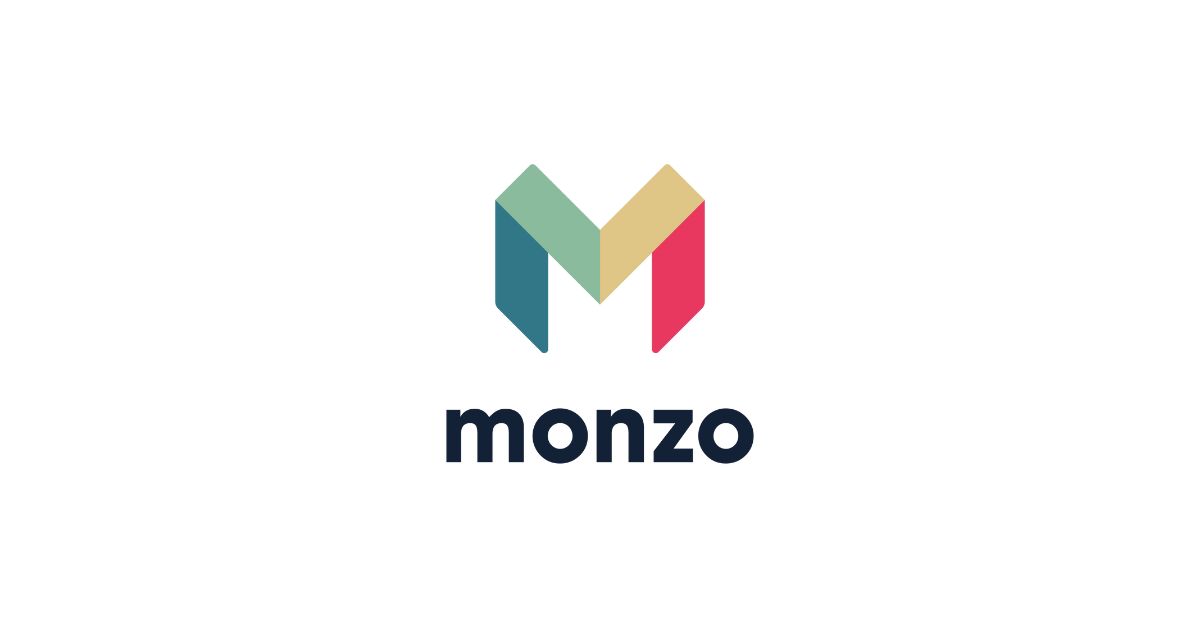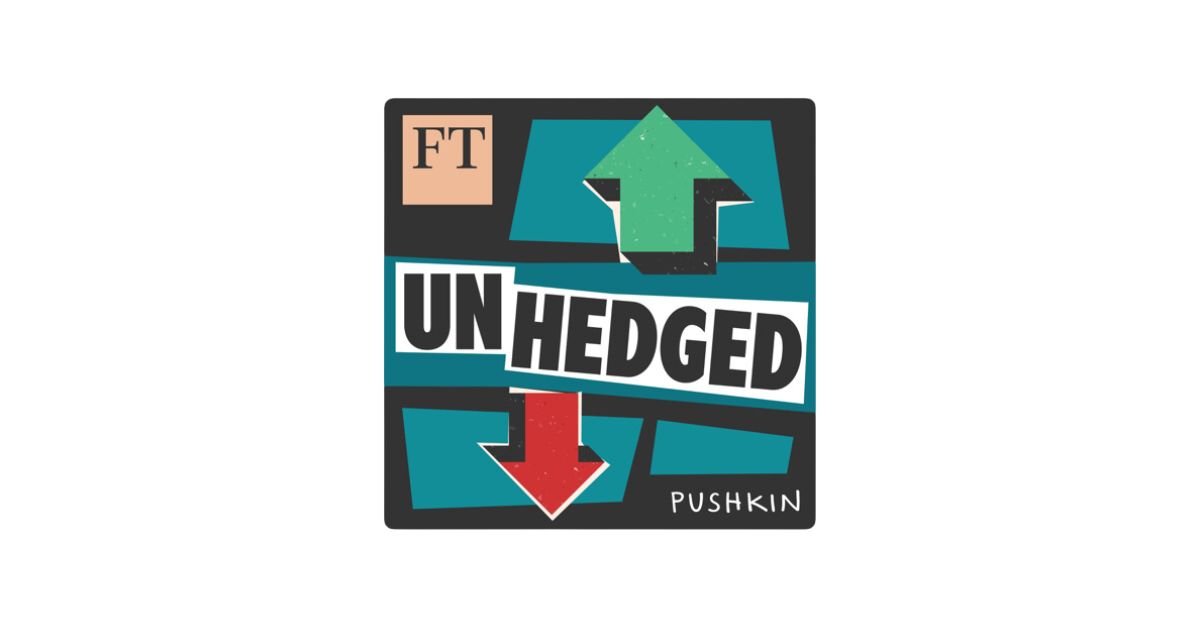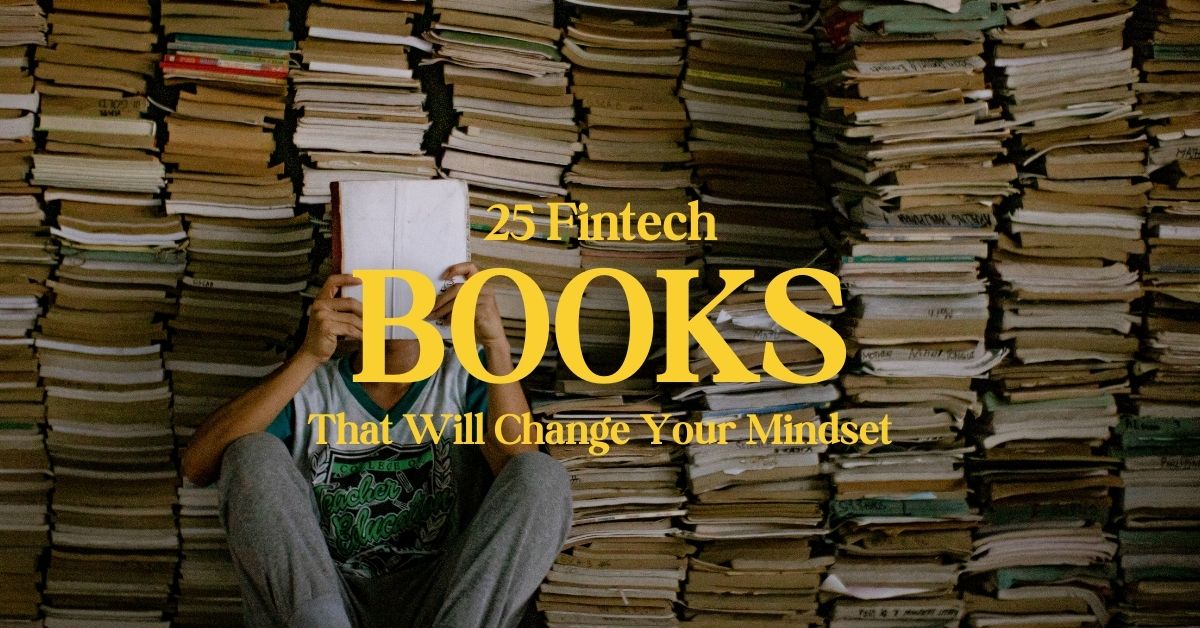How Fintech Industry and The Game Industry Merged in 2024?
February 5, 2024, 4 min read
Over the course of the last few decades, the gaming business has experienced extraordinary expansion. Due to the expansion, then, became one of the greatest entertainment sectors worldwide. Traditional financial services have been through a period of disruption concurrently with the rise of the fintech (financial technology) industry. The landscapes of the game industry and financial transactions are going to look very different in 2024 as a direct result of the fascinating ways in which these two vibrant businesses are combining. In this article, we will investigate the confluence of fintech and gaming industry. Specifically, we will learn what fintech gaming is, how gaming has become an essential component of the technology business, the role that blockchain plays in the game industry, and the bright future that lies ahead for financial technology in the game industry.
What is Fintech Gaming?
The term fintech gaming, which is also known as the gamification of finance, describes the process through which financial technology is incorporated into the game business. It typically entails the incorporation of financial features or the creation of virtual economies within games. It involves the use of fintech technologies to improve the overall gaming experience. Because of this combination, players are able to not only enjoy the game but also engage in financial transactions, trade virtual assets, and even win prizes that are based in the real world.
Is Gaming Part of the Tech Industry?
Absolutely, gaming is an integral part of the tech industry. In fact, the gaming sector has been at the forefront of technological advancements for years. The hardware, software, and infrastructure required to support modern games are all deeply rooted in technology. Moreover, cloud gaming, augmented reality (AR), virtual reality (VR), and other emerging technologies are pushing the boundaries of gaming. All of these help make it a prime sector for tech innovation.
Fintech plays a pivotal role in the gaming industry’s ecosystem by offering payment solutions, digital wallets, and microtransactions. This allows gamers to seamlessly engage with in-game economies. It has also become a channel for financial education and inclusion, introducing players to concepts like saving, investing, and budgeting within the virtual world.
How is Blockchain Used in The Game Industry?
The implementation of blockchain technology has resulted in a revolution across many different industries, including gaming. In the year 2023, the influence of blockchain technology on the gaming industry was greater than it has ever been. This is how it is being put to use:
- Ownership in Digital Form: Blockchain technology gives users the ability to have legitimate ownership over in-game assets. Non-fungible tokens, also known as NFTs, are utilized within games to represent one-of-a-kind items. Players, then, have the ability to purchase, sell, and trade these assets on markets that are backed by blockchain technology. Blockchain technology assures that all transactions in virtual economies are public and audible. Players have the ability to check the legitimacy of in-game items and their rarity, which helps to reduce the likelihood of fraud occurring.
- Compatibility Across Multiple Platforms: Blockchain technology has the potential to make cross-platform gaming and asset transfer easier. This means that you will be able to use your in-game things in other games or on multiple platforms without any problems.
- Decentralized Finance (DeFi): DeFi protocols that are built on blockchain have the potential to provide lending, borrowing, and staking services within gaming ecosystems. These services will enable players to receive rewards or even access credit depending on the in-game assets that they own.
The Future of Fintech in Gaming
In the future of fintech in the game industry, we may anticipate a number of intriguing trends and innovations. These trends and innovations include the following:
- In-Game Economies will continue to be refined and expanded. Fintech will continue to develop and extend in-game economies, which will give players even more control over their virtual assets.
- Connection of Real-World Finance: We should anticipate a deeper level of connection between gaming platforms and their real-world financial services. This encompasses banking, investing, and financial education, all of which can be accessed within the context of the game environment.
- AI and Personalized Gaming: Fintech will harness artificial intelligence to personalize the gaming experience, delivering tailored financial advice and suggestions based on a player’s virtual and real-world financial activities.
- Regulation and Safety: due to the increasing blurring of the distinctions between gaming and finance, it is expected that regulators will take a more active role in guaranteeing consumer protection and fair practises in fintech gaming.
- Expanded Use of NFTs: The use of non-fungible tokens (NFTs) will become increasingly common in the gaming industry. This will be possible with the impact of unique assets going well beyond the realm of cosmetics and into the realm of gameplay and stories.
Conclusion
In the year 2023, fintech is having a huge impact on the game industry. This, thereafter, results in the transformation of this sector into one that is more immersive, interactive, and financially inclusive. The coming together of fintech and gaming industry, the use of blockchain technology, and the anticipation of an exciting future all point to the dawn of a new age for enthusiasts of both the game industry and the financial technology sector. We can anticipate even more fascinating advancements as these two businesses continue to innovate and work with one another. These advances will transform the way that we play and conduct business in virtual worlds.
















